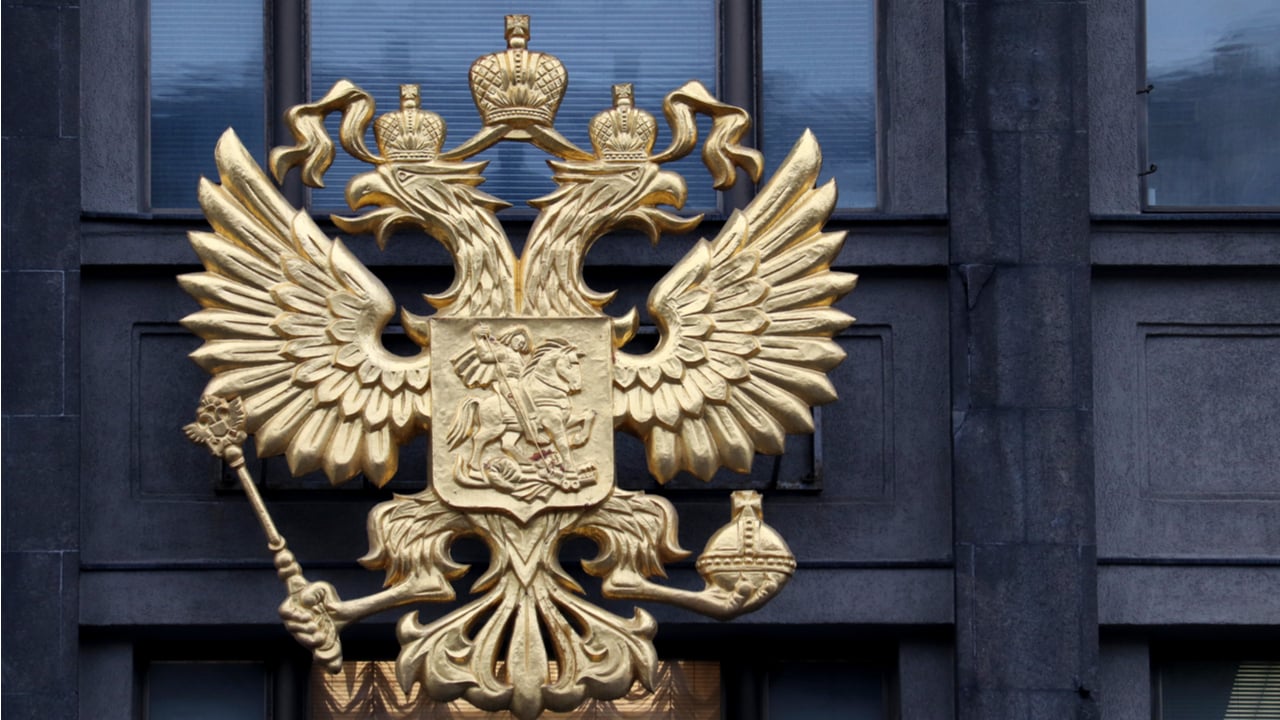
Members of the State Duma are now working on amendments that will permit the use of cryptocurrency as a contractual means of payment. Digital financial assets are regarded as property under Russian law and the changes will legalize crypto payments between parties to a contract.
State Duma to Amend Civil Code to Legalize Contractual Crypto Payments
The lower house of Russia’s parliament, the Duma, is gearing up to remove barriers to using cryptocurrencies in contract payments. The proposals are subject to an ongoing review but according to the chairman of the Committee on Legislation, Pavel Krasheninnikov, there is consensus on the matter. Speaking at the St. Petersburg Legal Forum, the lawmaker stated:
We believe that it is necessary to make amendments to the Civil Code. Now we are in the appropriate approval procedure but there is an understanding that digital monetary units, as they have been called, can be a contractual means of payment.
Krasheninnikov noted that while cryptocurrency is not a legal tender in Russia, the authors of the amendments believe that it can be used for payments within the framework of contractual law. Quoted by Interfax news agency, he added that digital currencies will not be treated as securities. “We believe that this is property,” the lawmaker said.
Ruble Still the Legal Tender Everyone Must Accept
Russia regulated cryptocurrencies with the Law “On Digital Financial Assets and Digital Currencies,” which went into force on Jan. 1. The legislation classifies cryptos such as bitcoin as property items and prohibits their use in payments for goods and services. The ruble remains the only legal tender in the Russian Federation. In February, the State Duma advanced another bill confirming their property status.

The ruble remains the only legal tender all entities in the country are obliged to take but other forms of payment can be accepted by agreement between parties to a contract. The Central Bank of Russia (CBR) opposes any use of cryptocurrencies for payments. That’s despite the regulator admitting three crypto-related projects to its regulatory sandbox last year. The fact that the Bank of Russia is working on its own digital ruble may have also influenced its stance on decentralized money.
And while Russian companies and residents are not allowed to accept cryptocurrency, amendments to the Administrative Offenses Code that would introduce legal liability for such violations have not been filed yet. Тhe Finance Ministry has proposed an administrative fine in the range of 20 – 200,000 rubles ($2,700). However, the chairman of the Financial Market Committee, Anatoly Aksakov, believes the legal definition of digital currency needs clarification regarding the whole variety of currencies, including cryptocurrencies, stablecoins, and the digital ruble.
Do you think Russia will allow the use of cryptocurrencies as a contractual means of payment? Let us know in the comments section below.